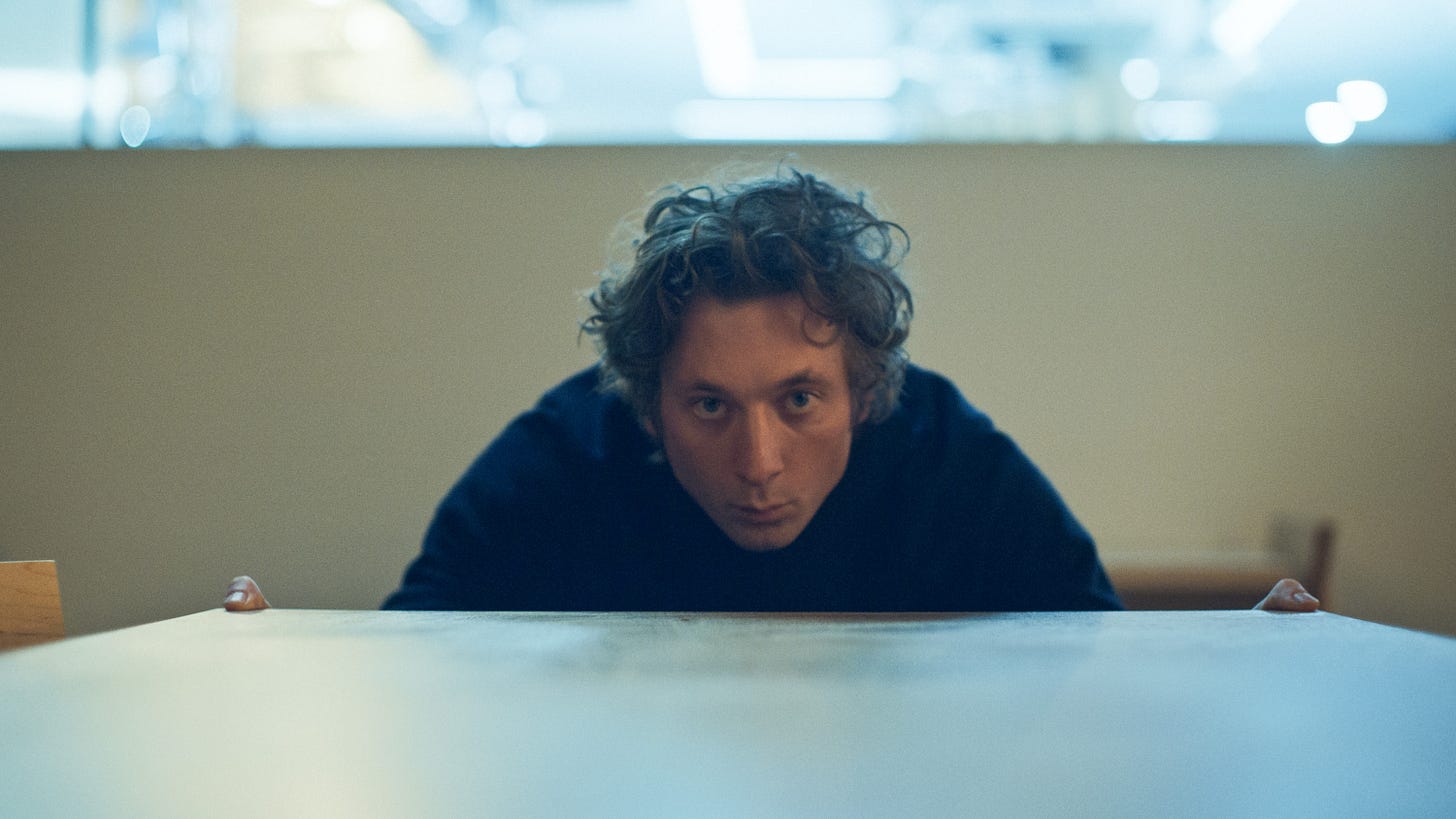In the second part of this Smashed The Bear special, our panel of Michelin chefs continue to compare scenes from all seasons of the critically acclaimed comedy-drama TV series that’s set in the world of fine dining restaurants to their own lived experience. What follows is the edited version of over five fours of interviews that together give a picture …
Keep reading with a 7-day free trial
Subscribe to Smashed to keep reading this post and get 7 days of free access to the full post archives.



